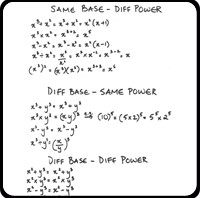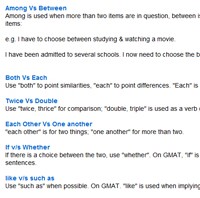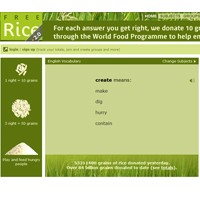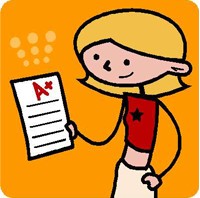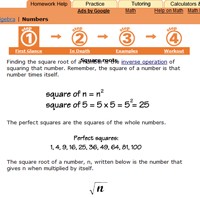
Having a solid vocabulary is an indispensable tool for success for any person in their academic or professional career. Undoubtedly, the best way to increase your vocab would be to read challenging literature, but let’s face it: in today’s world sometimes it’s hard to find the time or the patience. Sadly, with the huge internet boom many people have replaced their time reading real “vocab-building” literature, with surfing the internet. While your average individual might end up reading the same quantity of words, the quality of the material read leaves a lot to be desired, as most websites aren’t thinking in terms of reading difficulty or vocabulary-building and usually won’t quite challenge a third-grader.

